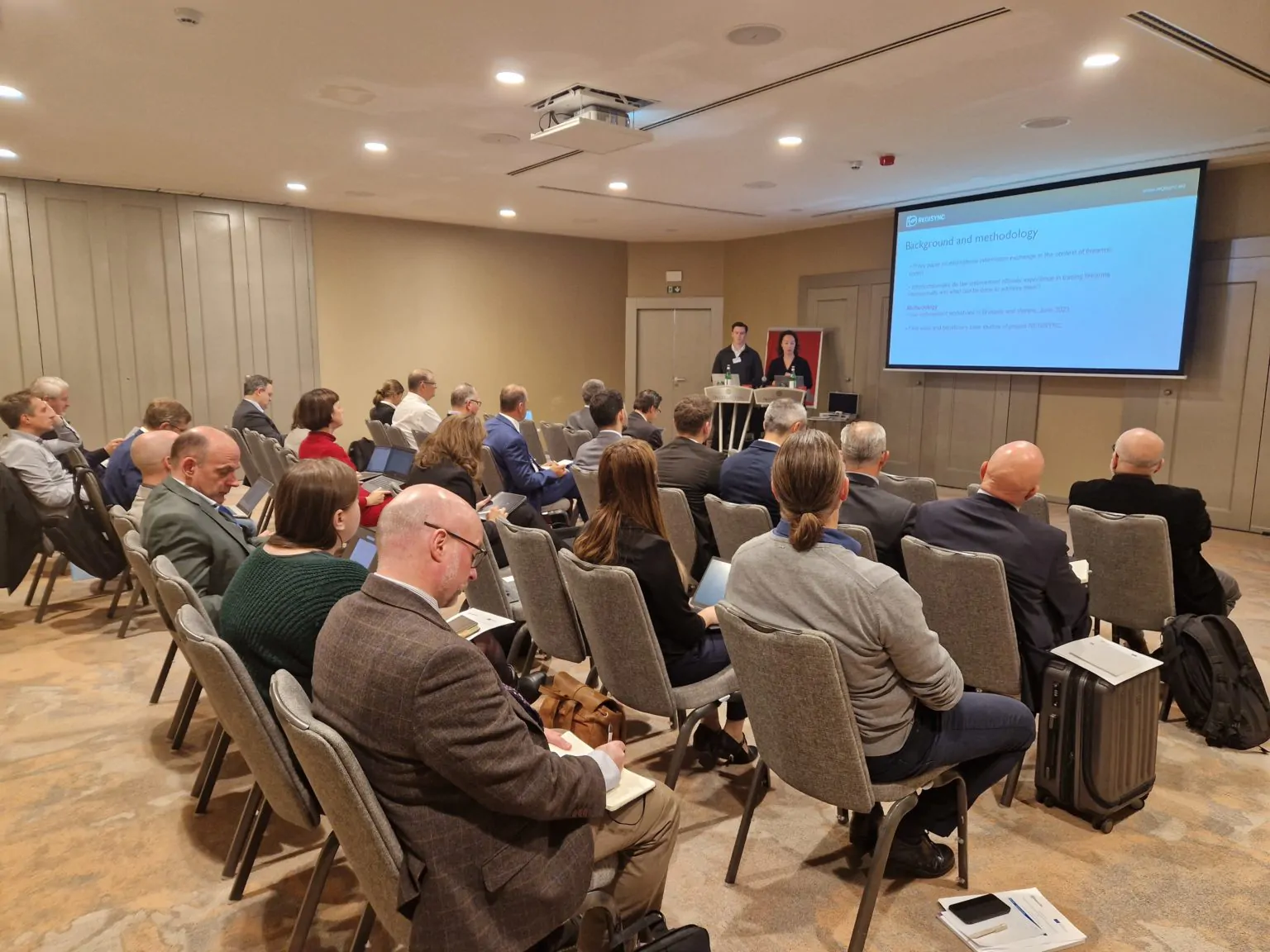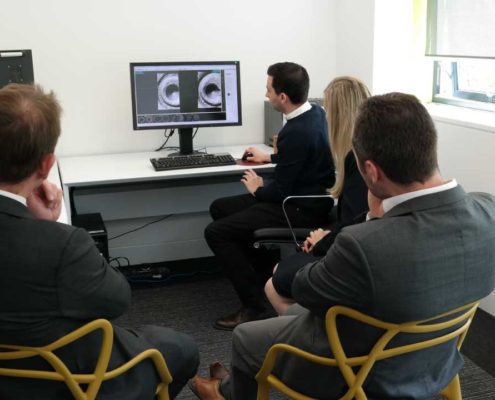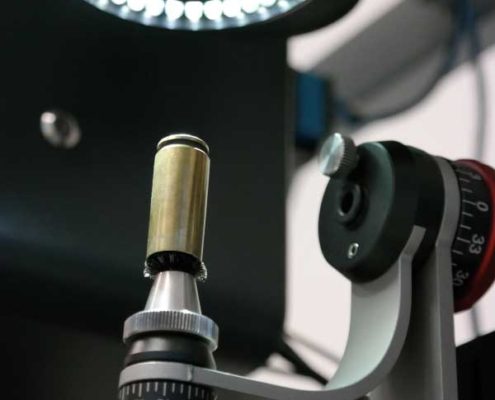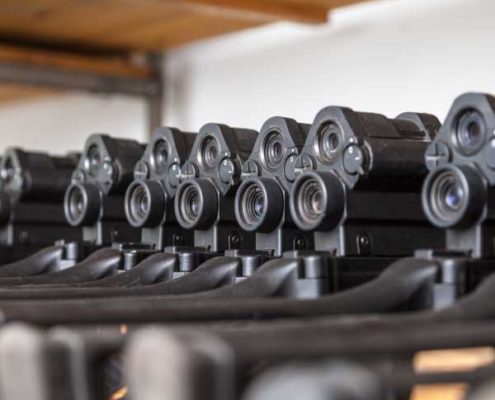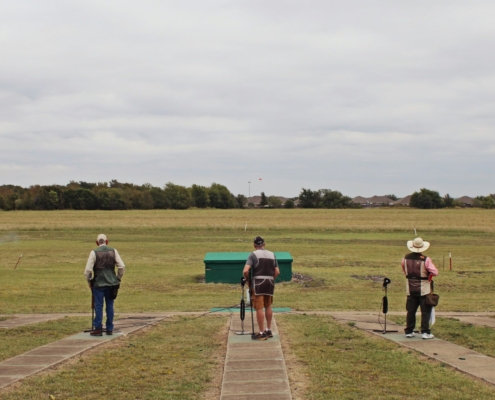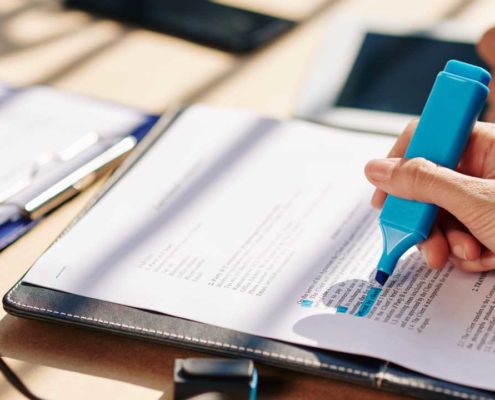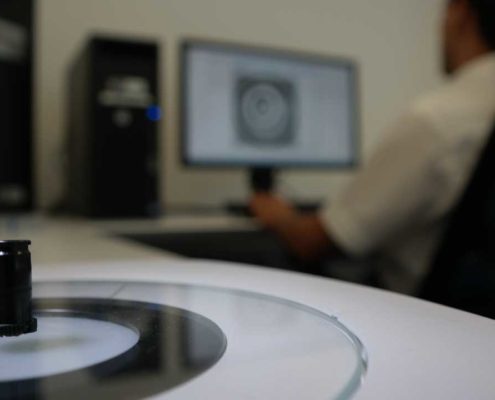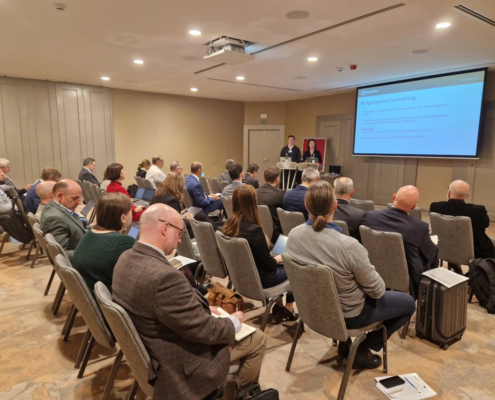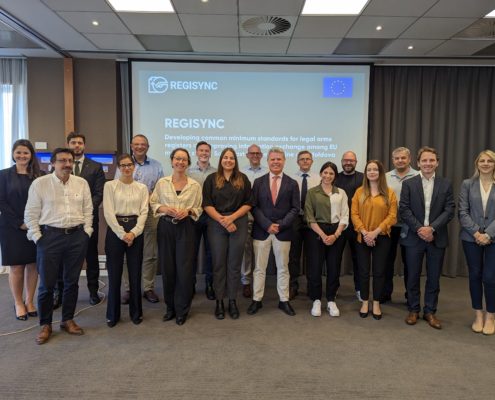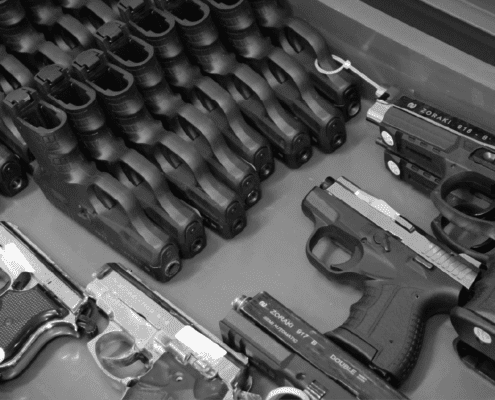 https://arquebus.uk/wp-content/uploads/2022/06/ARQ001-services_ffp_header.png
786
1280
Rohan Harvey
https://arquebus.uk/wp-content/uploads/2022/02/Asset-1arquebus_logo.svg
Rohan Harvey2024-07-01 17:23:332024-07-02 09:25:13NSCS 6: Marking SALW and their Ancillaries
https://arquebus.uk/wp-content/uploads/2022/06/ARQ001-services_ffp_header.png
786
1280
Rohan Harvey
https://arquebus.uk/wp-content/uploads/2022/02/Asset-1arquebus_logo.svg
Rohan Harvey2024-07-01 17:23:332024-07-02 09:25:13NSCS 6: Marking SALW and their AncillariesThe fight against illicit firearm proliferation and misuse in the EU and its partners is a multifaceted challenge, encompassing the diversion of arms from national stocks and actors; the illicit manufacture or transfer of parts, and the conversion of alarm, signal, acoustic expansion weapons, and pnuematic weapons.
REGISYNC’s publications, including a Policy Paper on International Law Enforcement Information Exchange on Firearms, and a Report on Effective and Innovative Practices in Lifecycle Registries; aims to inform future policy to enhance the international exchange of information exchange in tracing firearms, as well as effective and innovative registration practices both at the sub-national level, the national and international levels. Discover the full research findings at www.REGISYNC.eu to dive into the full research products.
Arquebus’s Adrian Whiting and Callum Lloyd made significant contributions to the research on civilian firearms lifecycle registries and improving law enforcement’s ability to exchange information for firearms tracing. Including surveying 21 participant jurisidctions and attending a series of case study visits throughout 2023.
Project REGISYNC, funded by the European Commission, is a collaborative project including researchers from Arquebus, The Center for the Study of Democracy, Ecorys, and The Small Arms Survey.
